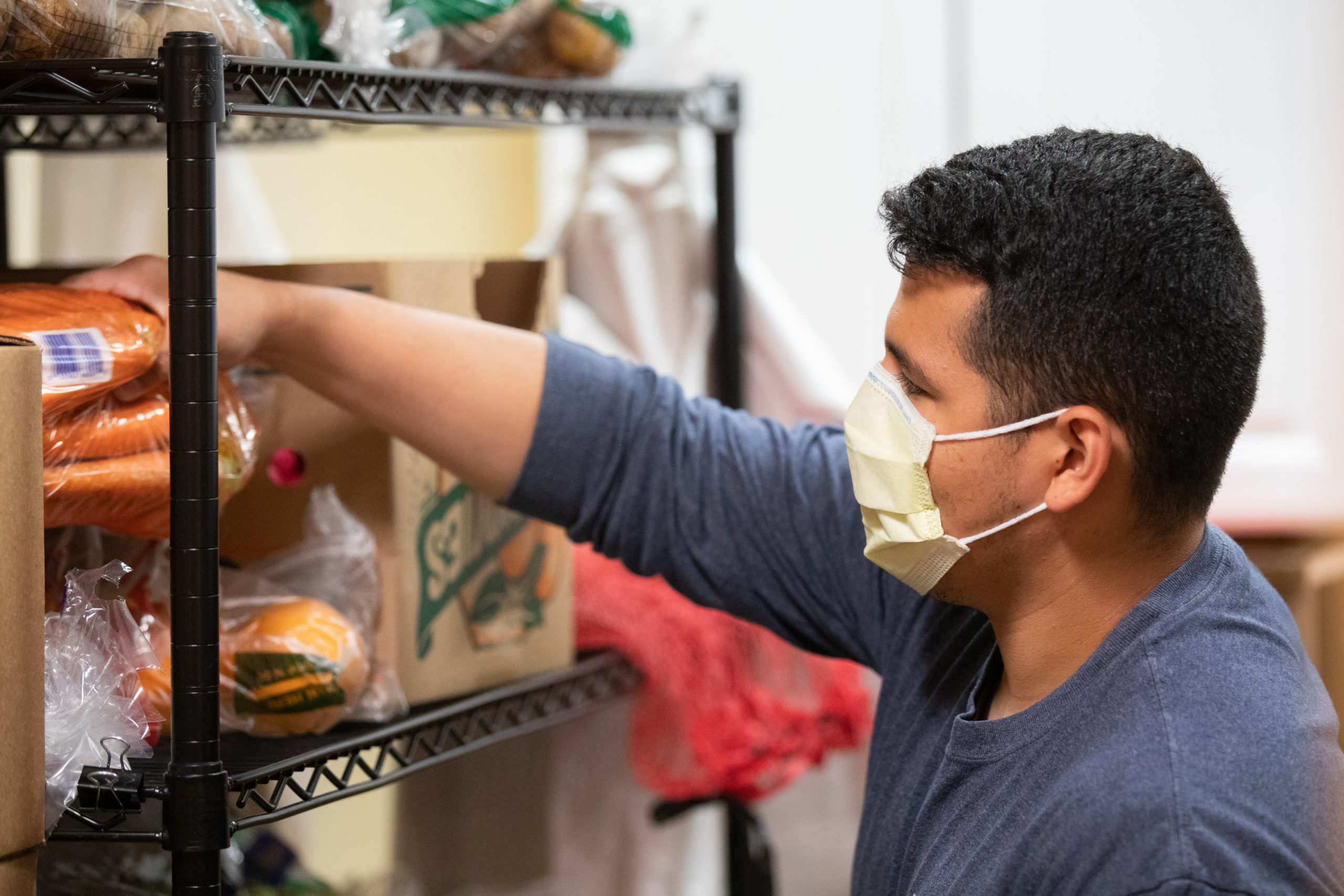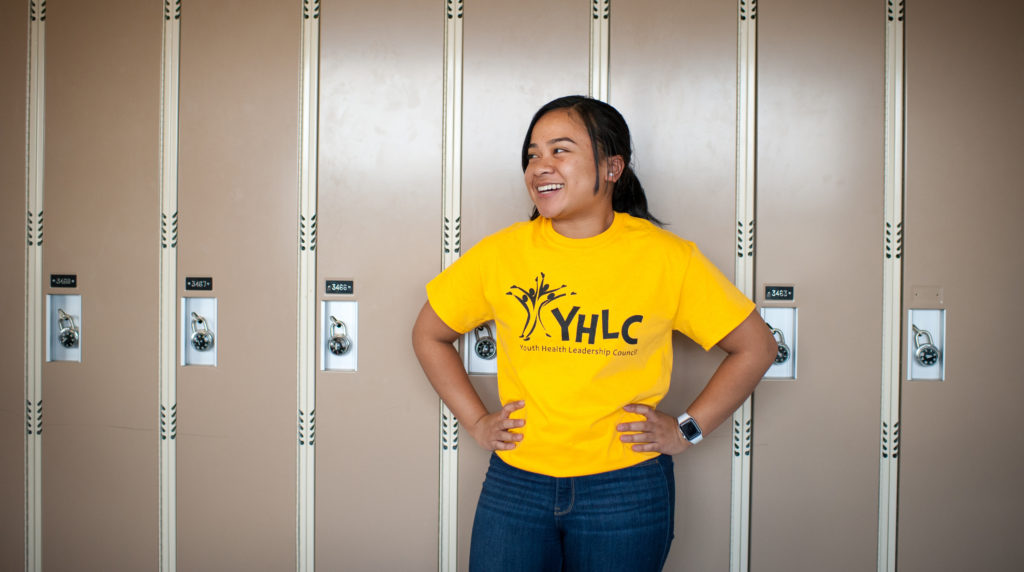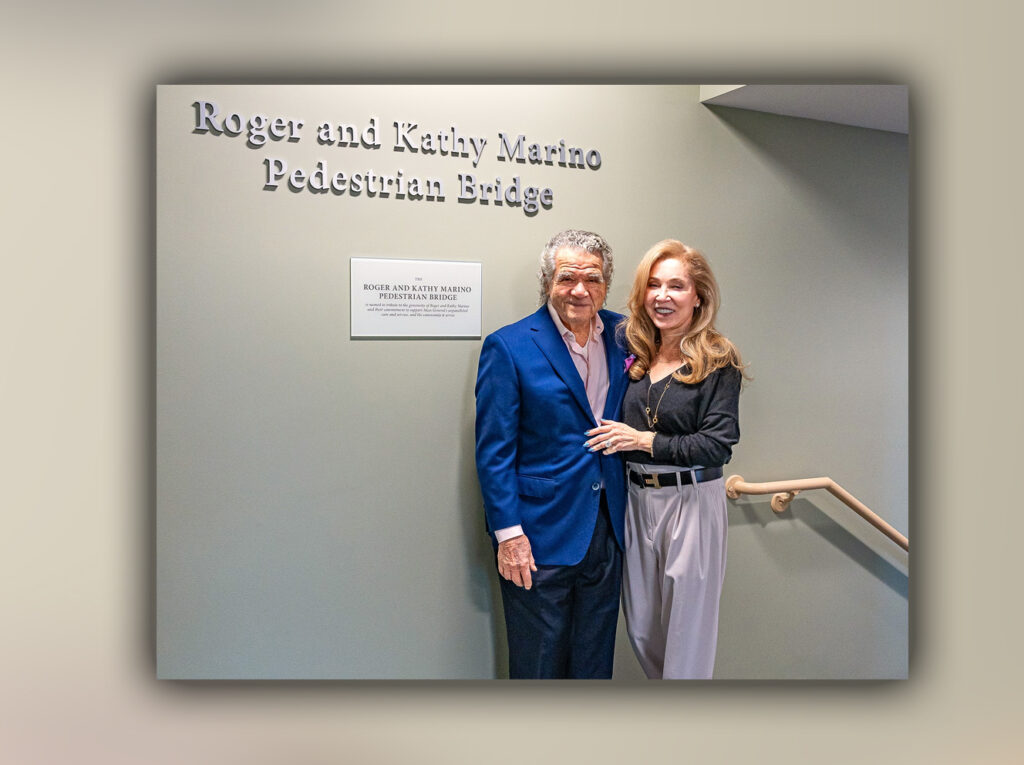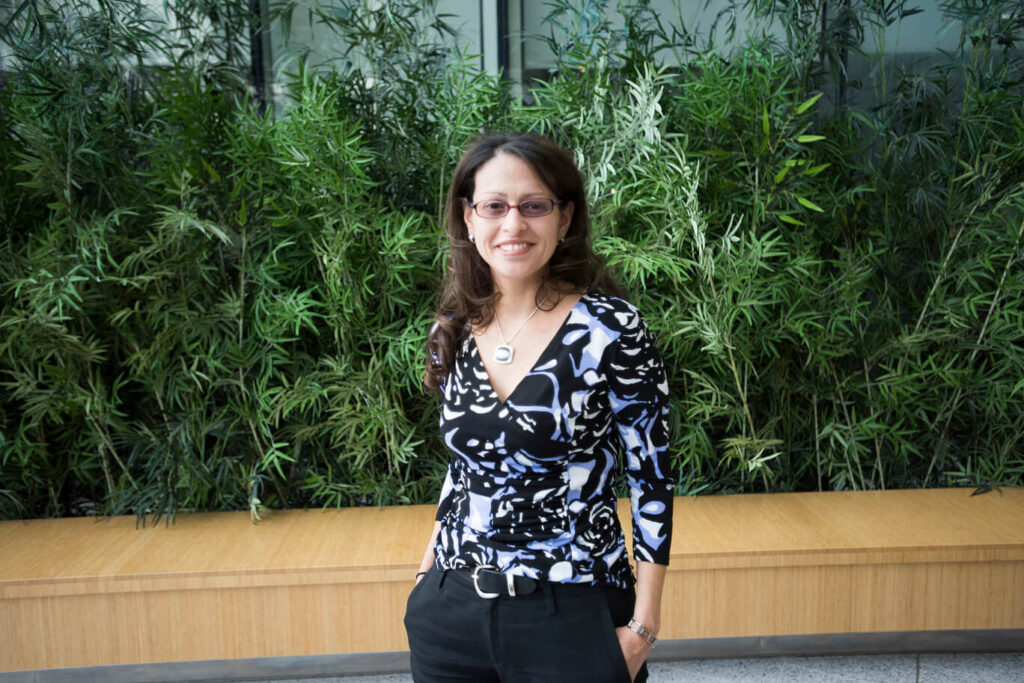Food insecurity — the lack of consistent access to the amount of food necessary to lead a healthy life — soared during the pandemic. Social distancing and lockdown measures early in the outbreak set in motion an economic domino effect that left many struggling to meet basic needs. By December 2020, food insecurity in Massachusetts had doubled from pre-pandemic rates, with 1 in 6 households not getting enough to eat. While data indicates overall hunger in the United States has improved in recent months, food insecurity remains widespread.
“Food insecurity has a major impact on people’s health and well-being — and it’s something we’ve been committed to fighting for many years,” says Joe Betancourt, MD, MPH, senior vice president, Equity and Community Health at Mass General. “But the pandemic had a devastating effect — particularly on immigrant communities and people of color — and it’s highlighted the need for new approaches.”

Mass General’s Center for Community Health Improvement (CCHI) has a long history of partnering with diverse local communities to address food insecurity and other non-medical factors that impact health. Over the past 18 months, CCHI has stepped up efforts to meet this increased need, through expanded programs, bold strategies and innovative community partnerships.
Adopting a City in Need
When Mass General opened a food pantry in Chelsea in 2013, it was nothing more than a broom closet. Today, it occupies a small, first-floor room in the MGH Chelsea Urgent Care building, with shelves full of rice and pasta, two fridges and a freezer. But its modest size still belies the oversize impact it has on the community.
Silvestre Valdez, manager of interpreter services at Chelsea, recalls the influx of patients seeking food assistance in the spring of 2020. “Some had lost their jobs, and their unemployment benefits were stretched thin. Others weren’t receiving benefits, or couldn’t qualify because of their immigration status,” he says.

The pantry is a major component of MGH Chelsea’s Food for Families program, which is designed to identify patients who have experienced hunger and food insecurity and connect them to resources. At-risk patients are first referred to the SNAP Benefits program, which helps eligible patients with the benefits application process. Those who are ineligible, or choose not to apply, are then prescribed food from the pantry, reducing any stigma associated with receiving the service.
Prior to the pandemic, the food pantry distributed roughly 3,000 pounds of fresh and nonperishable food per week through its partnership with the Greater Boston Food Bank. But as demand overwhelmed and closed other area food pantries, the city of Chelsea needed help to meet the increasing needs of its residents. So, the Mass General team adopted the city — upping its order to 40,000 pounds a week. Through the Chelsea Hunger Network — a division of CCHI’s Healthy Chelsea coalition — the team organized providers, community groups and residents to coordinate and distribute food across the city.
“Mass General stepped up in a big way,” says Chelsea City Manager Tom Ambrosino. “With their help, we’ve distributed almost three million pounds of food over the past year and a half.”
A Plant-Based Approach
While Chelsea was scaling up, the MGH Revere HealthCare Center was piloting a new model of food pantry — one founded on plant-based foods.
“Like Chelsea, Revere is a food desert — meaning there is limited access to healthy food,” says Jacob Mirsky, MD, medical director of the MGH Revere food pantry. People living in food deserts are often at higher risk of developing chronic diseases like obesity, diabetes or hypertension. As a primary care physician in Revere, Dr. Mirsky had seen the evidence firsthand, and wanted to give his patients a healthier option.

The Revere food pantry opened in January 2020, offering fresh fruits and vegetables, plant-based shelf-stable foods, nutritional counseling and recipe advice. Initially, the pilot program served fewer than 10 patients per month, but COVID-19 triggered a dramatic increase in demand.
“It was an opportunity to elevate our mission to better meet the need,” Dr. Mirsky says. The Revere team moved the pantry into a larger, temporary space and opened the pilot to all patients. Plans are now underway for a permanent expansion.
“Providing food for vulnerable communities is a crucial aspect of improving the health of the people we serve, just like offering them medications or surgeries when they need them,” he says.
Sowing the Seeds of Empowerment
In 2012, Revere on the Move — a partnership between Mass General’s Revere CARES coalition and the City of Revere — opened its first community garden. Since then, the program has expanded to three additional sites.

Recently, Revere on the Move launched an urban garden initiative to encourage residents to grow healthy food in their own backyards. In the spring of 2021, with help from the Police Activities League and the Department of Public Works, the team built raised organic garden beds for 20 residents.
“People were thrilled, and we hope to expand the initiative next year,” says Viviana Catano-Merino, program manager at Revere CARES. In addition, Revere CARES successfully advocated for a comprehensive urban farming ordinance, which enables residents to keep chickens and bees.
“The innovations we’ve made around food insecurity demonstrate the power of our community-driven approach,” says Leslie Aldrich, MPH, executive director of the Center for Community Health. “Looking ahead, we remain dedicated to finding creative solutions to address ongoing food insecurity and other health-related inequities.
To learn more about how you can help Mass General’s Center for Community Health Improvement make an impact, contact us.





